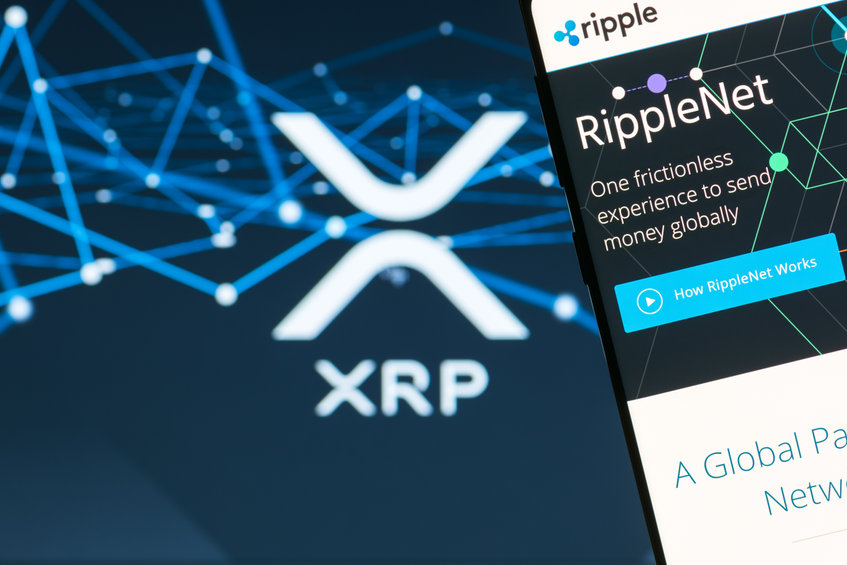
Ripple CEO, Brad Garlinghouse, has told CNBC that they will start exploring an initial public offering (IPO) after the U.S. Securities and Exchange Commission (SEC) lawsuit gets concluded.
Ripple company uses its tokens (XRP), the sixth largest crypto in the market, to carry out cross-border payments. The company converts fiat to XRP for them to lower the transaction cost as they increase the speed and then convert XRP back to fiat again.
SEC allegations on Ripple
SEC accused Ripple CEO and Chris Larsen, Ripple executive chairman, of having been involved in illegal securities offerings during XRP sales. The SEC lawsuit has been in the process for the last 15 months but Ripple has defended itself saying that the coin shouldn’t be treated as a security but as a designation that will subject it to more strict regulations.
However, the company expects all this to be concluded by the end of this year so that they can focus on the public listing.
During World Economic Forum in DAVOS, Switzerland, Garlinghouse told CNBC that:
“I think we want to get certainty and clarity in the United States with the U.S. SEC. You know, I’m hopeful that the SEC will not slow that process down any more than they already have…But you know, we certainly are at a point in scale, where that is a possibility. And we’ll look at that once we’re past this lawsuit with the SEC.”
His comment came amid the crypto market crash that has caused billions of dollars in the crypto market to lose value together with the crypto-related stocks. Besides, XRP has dropped by 41.9% in the past 30 days, with Coinbase shares dropping by 75% this year while Robinhood stocks dropped by almost 50%.
Against all odds
Despite all that, Garlinghouse said that the business has continued to grow. He also added that during the first quarter (Q1) of this year, On-Demand Liquidity volume for the XRP products that use cross-border payment has increased to $8 billion as compared to last year’s $1 billion for the same period.
Garlinghouse said:
“Our growth is almost all outside the United States. I think that’ll probably persist until we get the clarity and certainty in the U.S. we’ve been seeking.”

